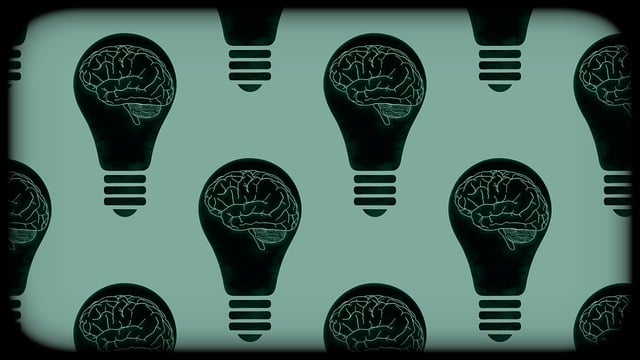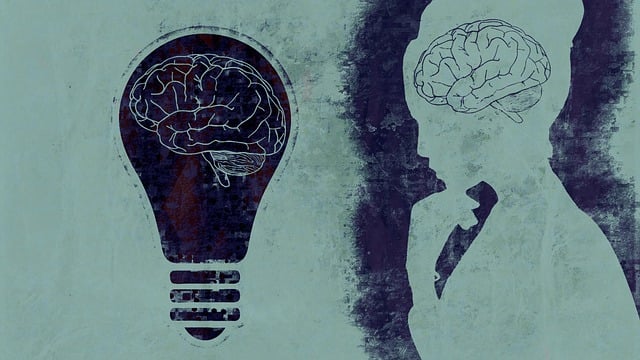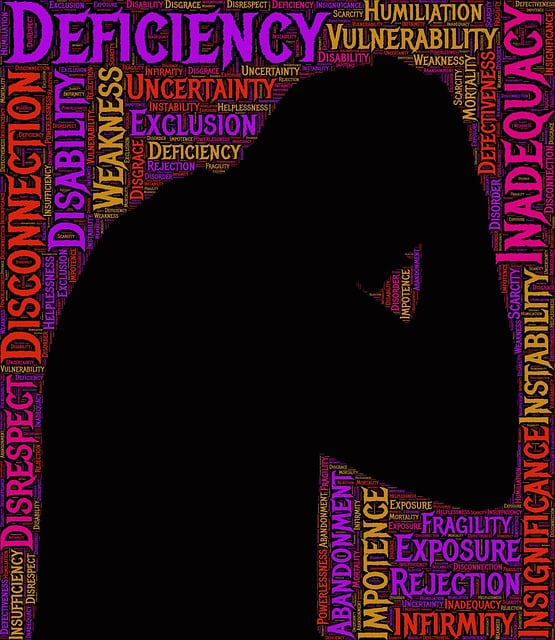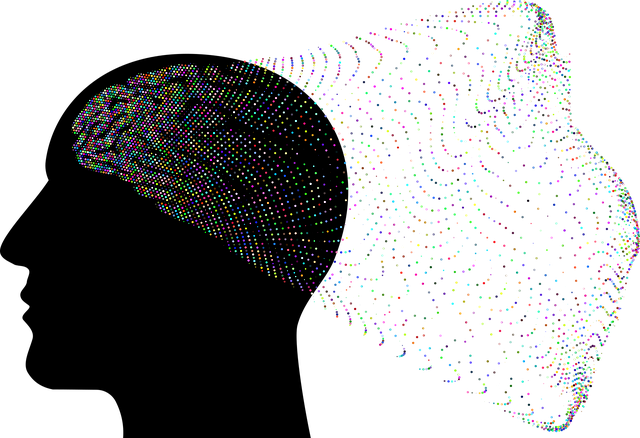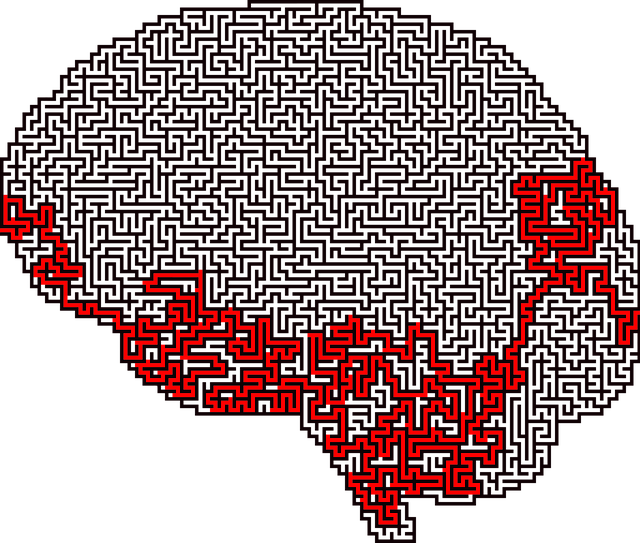Recognizing subtle depression signs is key to prevention, as early identification allows for timely interventions like CBT, which manages both depression and anxiety disorders, including Aurora Panic Disorder and Anxiety Attacks. Holistic strategies like exercise, healthy eating, and quality sleep, coupled with social connections and therapeutic interventions like CBT or mindfulness, empower individuals. Enhancing healthcare provider training and advocating for mental health policies ensure accessible support, fostering a recovery environment free from burnout.
Depression is a prevalent yet manageable condition, and prevention strategies are vital. This article explores essential tools to combat this mental health challenge. We begin by highlighting the signs and symptoms of depression, including its impact on daily life. The focus then shifts to evidence-based therapy approaches for Aurora Panic Disorder and Anxiety Attacks, offering hope and effective treatment options. Additionally, we delve into lifestyle interventions and coping strategies that empower individuals to prevent and manage depression, emphasizing holistic well-being.
- Recognizing the Signs and Symptoms of Depression
- Evidence-Based Therapy Approaches for Aurora Panic Disorder and Anxiety Attacks
- Lifestyle Interventions and Coping Strategies to Prevent and Manage Depression
Recognizing the Signs and Symptoms of Depression

Recognizing the signs and symptoms of depression is a crucial first step in its prevention. This mental health condition can manifest in various ways, often subtle at first, such as persistent feelings of sadness, hopelessness, or loss of interest in activities once enjoyed. Individuals might also experience changes in appetite, sleep disturbances, fatigue, difficulty concentrating, and even physical symptoms like headaches or body aches. Recognizing these signs early is vital because it allows for timely intervention and support.
Many people struggling with depression also deal with anxiety, which can manifest as panic attacks or an Aurora Panic Disorder. Effective therapy, such as cognitive-behavioral therapy (CBT), has proven beneficial in managing both depression and anxiety disorders. CBT focuses on identifying and changing negative thought patterns and behaviors, fostering resilience building and improving social skills training. By addressing these underlying issues, individuals can gain better control over their emotional well-being and find lasting anxiety relief.
Evidence-Based Therapy Approaches for Aurora Panic Disorder and Anxiety Attacks

For individuals experiencing Aurora Panic Disorder and Anxiety Attacks, evidence-based therapy approaches offer a beacon of hope. Cognitive Behavioral Therapy (CBT) has proven highly effective in addressing these conditions by identifying and modifying negative thought patterns and behaviors that contribute to panic disorders. This structured approach equips individuals with coping mechanisms to manage their symptoms effectively. Additionally, Exposure Therapy is another powerful tool, gradually exposing patients to triggering situations in a safe environment to reduce anxiety and fear responses over time.
Integrating trauma support services within the therapeutic framework can significantly enhance outcomes for those dealing with Aurora Panic Disorder and Anxiety Attacks. Mental illness stigma reduction efforts play a crucial role in encouraging individuals to seek help without hesitation. Furthermore, burnout prevention strategies for healthcare providers are essential to ensure that those offering treatment remain equipped and empathetic, thereby fostering a supportive environment for recovery.
Lifestyle Interventions and Coping Strategies to Prevent and Manage Depression

Depression prevention often begins with lifestyle interventions and coping strategies that promote overall well-being. Regular physical activity, for instance, has been shown to reduce symptoms of depression and anxiety, providing a natural means to boost mood. Incorporating healthy eating habits and sufficient sleep can also significantly impact mental health, as proper nutrition and rest are essential for brain function and emotional regulation.
Additionally, cultivating strong social connections and engaging in activities that foster a sense of belonging can be powerful tools against depression. Therapy, such as cognitive-behavioral therapy (CBT) or mindfulness-based practices, plays a pivotal role in managing symptoms and promoting mental health awareness. For those experiencing Aurora Panic Disorder and Anxiety Attacks, specialized therapy approaches can address these specific challenges, ultimately contributing to better coping strategies and improved quality of life. Enhancing healthcare provider cultural competency training and advocacy for Mental Health Policy Analysis can further ensure accessible and effective support for individuals dealing with depression and related disorders.
Depression prevention is a multifaceted approach that includes recognizing signs early, leveraging evidence-based therapy like Aurora Panic Disorder and Anxiety Attacks treatment, and adopting healthy lifestyle interventions. By combining these strategies, individuals can effectively manage and prevent depressive episodes, fostering resilience and enhancing overall well-being. Remember, seeking professional help is a sign of strength, and there are resources available to support your mental health journey.
